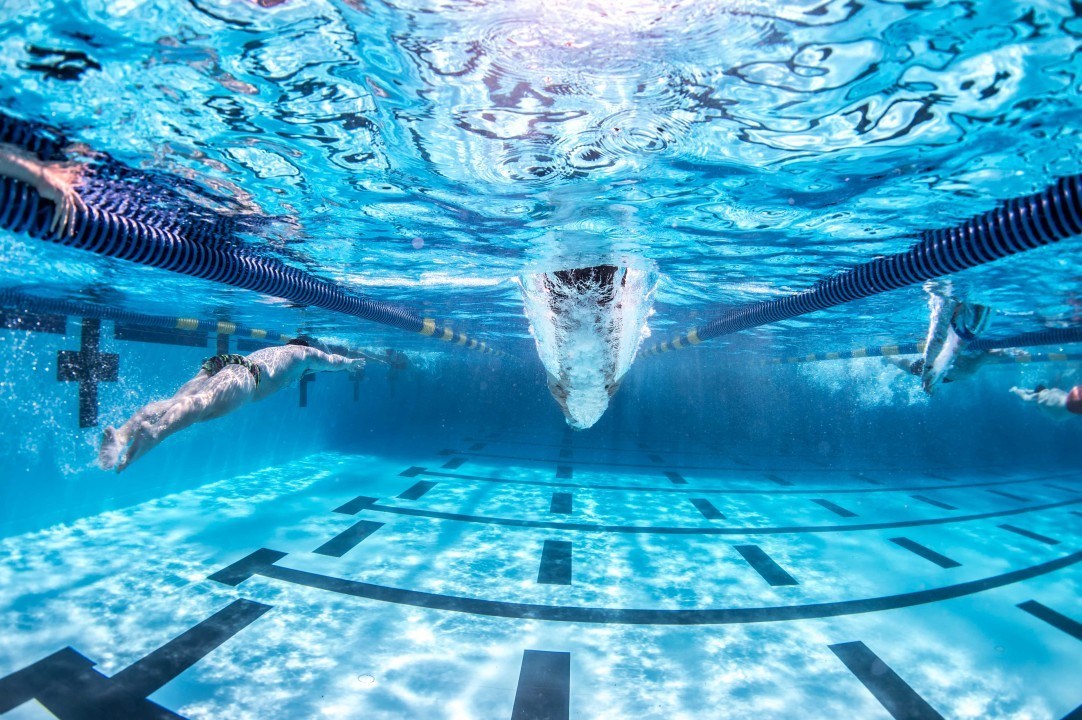With the 2015 World University Games being hosted in Gwangju, South Korea, there is a growing concern about the Middle East Respiratory Syndrome (MERS) outbreak. As of this morning, six have died and 87 patients have tested positive for the virus since May 11th in South Korea. The South Korean MERS outbreak is traced to a man who returned from a business trip to the Middle East. Globally, there have been more than 1,200 cases of MERS and over 400 deaths.
Nearly 2,000 people in South Korea are under quarantine. Although some are in health care facilities, most people are at home, including an entire village of about 105 people in the southwest region of the country after a resident who visited a hospital where the country’s first patient with Mers was treated turned out to be infected.
The South Korean government will be monitoring cell phones to ensure that the quarantined individuals stay at home.
“Please understand this is an unavoidable measure for the sake of our neighbours and families,” the deputy prime minister, Choi Kyung-hwan,
With proper measure taken, experts expect to see a large drop off in the number of new cases. If the outbreak does develop into a major problem, however, FISU does have the authority to make sweeping changes.
In 2014, the IOC had to deal with the Ebola epidemic, although the host country was unaffected by the virus. Three countries in the West Africa region were barred from attending the Youth Olympics by FINA due to the severe Ebola outbreak in the area.
Read the full statement from FISU here:
FISU wants everyone to know about a recent outbreak of Middle-East respiratory syndrome, Corona virus (MERS-Cov), in the Republic of Korea. This was first noted when a patient developed symptoms on May 11th. That patient had returned from the Middle-East. He went to two hospitals and two clinics before he was isolated. Contact tracing today has identified 25 laboratory-confirmed cases. The MERS is a viral respiratory disease caused by a novel coronavirus that was first identified in Saudi Arabia in 2012.
Typically, MERS symptoms include fever, cough and shortness of breath. Pneumonia is common. Gastrointestinal symptoms have also been reported. Approximately one third of the patients with MERS have died. The majority of human cases of MERS have been attributed to human to human infections and camels are considered the major reservoir host. The virus does not seem to pass easily from person to person unless there is very close contact.
The government of the Republic of Korea is taking very stringent precautions to avoid any further spread of this virus. We anticipate that the MERS outbreak which has really been quite limited will not have any effect on the games. I can assure you that we are watching this closely.
Prevention and treatment: no vaccine or specific treatment is currently available. Treatment is supportive and based on the patient’s clinical condition. As a general precaution, anyone visiting farms, markets, barns or other places where animals are present should practice general hygiene measures. Consumption of raw or undercooked animal products including milk and meat carries a high risk of infection from a variety of organisms that might cause disease in humans. Animal products that are processed appropriately through cooking or pasteurization are safe for consumption.
The World Health Organization (WHO) is monitoring this. The WHO is working with scientists and clinicians in Korea. The WHO is not recommending any entry screening and have not recommended any application of travel or trade restrictions.
The FISU Medical Committee, in coordination with the Gwangju Universiade Organising Committee, have set forth stringent protocols regarding reporting of symptoms, reporting of contacts, isolation and quarantine techniques. We have dealt with many viral outbreaks such as SARS in the past and we have received international recognition for the way we have dealt with these issues.
The FISU Medical Committee advises all of the participants and guests for the Summer Universiade to do the following:
– 1) not to travel if you have a febrile illness or have known direct contact within the last week with someone with a contagious disease;
– 2) when in the Republic of Korea, report to the polyclinic in the Athletes’ Village or to one of the medical stations at the venue sites if you develop a febrile illness or some other acute illness;
– 3) practice preventative health measures which would limit transmission of any infectious disease such as hand washing and not coughing toward other people, avoiding people you know may have an infectious disease.
Again, we will continue to monitor this situation but do not believe it will have any impact on the Summer Universiade.

Je voudrais demander au comité d’organisation des jeux d’Olympiade Mondiale a Gwangju :il y a t ´il ,jusqu’aujourd’hui , quelque pays où quelque Federation nationale des sports universitaires qui vous réinforment d’abandonner la participation où bien boycotter aux Jeux à cause de MERS?
WUG are in Gwangju, not Seoul.